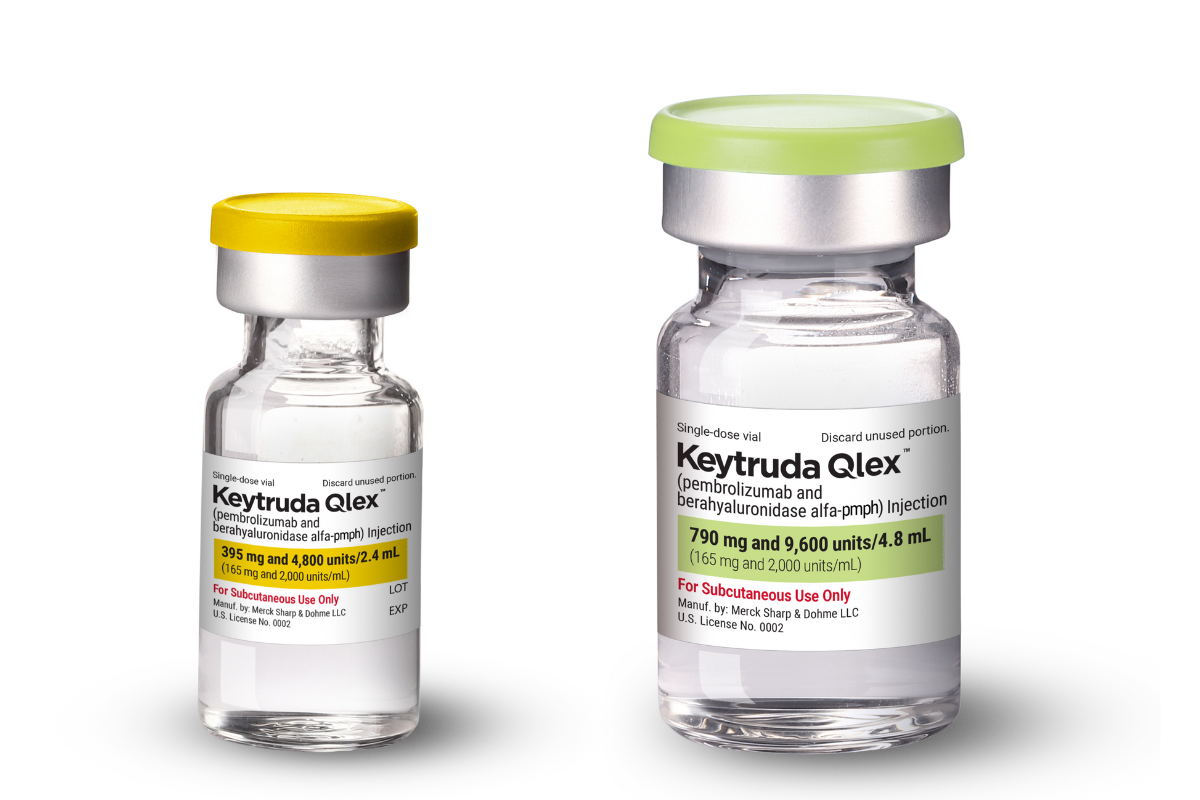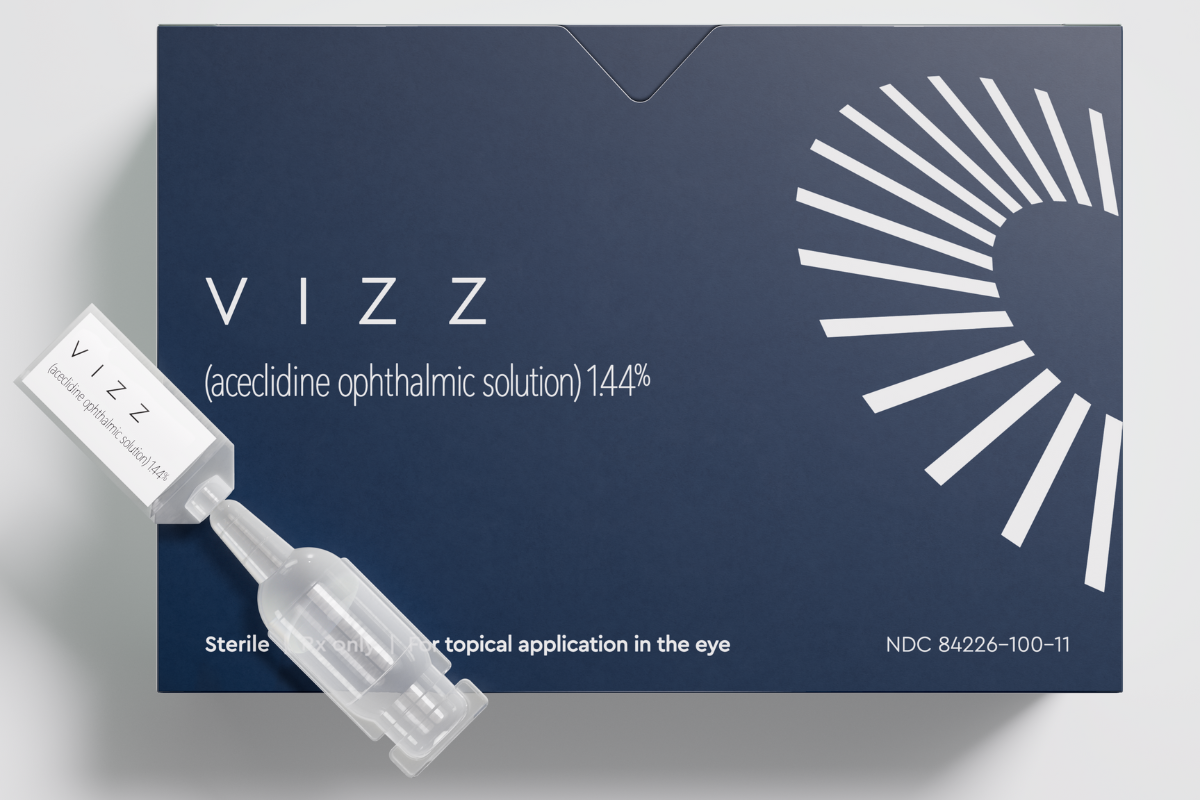Terumo Neuro has received premarket approval (PMA) from the FDA for its latest Carotid Stent system.
The company’s Carotid Stent system is indicated for the treatment of carotid artery stenosis in patients at increased risk for adverse events following a carotid endarterectomy procedure.
In the press release announcing the approval, Terumo said the system is the first dual-layer micromesh carotid stent approved in the US.
The Carotid Stent system offers physicians a “clinically proven option to improve patient outcomes in carotid artery disease treatment,” the company said. It allows clinicians to customize the display of parameters in accordance with their clinical preferences and needs.
It is designed for use in individuals with either de novo atherosclerotic lesions or post-endarterectomy restenosis in the internal carotid arteries or at the carotid bifurcation.
The system is indicated for lesions with ≥50% stenosis in symptomatic patients or ≥80% in asymptomatic patients, as confirmed by angiography. It is compatible with target vessels that have reference diameters ranging from 3.5 mm to 9.0 mm.
Terumo Neuro specializes in neurovascular interventions and is a division of Japan’s Terumo Corporation.
Related: HeartBeam’s Credit Card-Sized Cardiac Monitor Cleared for At-Home Use
Terumo’s Carotid Stent System Aims to Enhance Flexibility and Conformability
Carotid artery disease, characterized by the narrowing of the carotid arteries due to plaque buildup, is a major risk factor for stroke.
The newly approved Carotid Stent system is designed to restore proper blood flow to the brain by propping open narrowed arteries, reducing the risk of stroke in patients with carotid artery stenosis.
While specifics on Terumo’s Carotid Stent system haven’t been disclosed, carotid stents typically aim to offer enhanced flexibility and conformability in order to navigate the complex anatomy of the carotid arteries and ensure optimal placement.
They also provide improved radial strength to maintain vessel patency and resist external pressures.
In addition, they feature embolic protection to prevent debris dislodged during the procedure from traveling to the brain.
Terumo Neuro’s stent system is expected to incorporate advanced materials and engineering to address these critical aspects, thereby improving patient outcomes.
The FDA approval allows Terumo Neuro to market and distribute the Carotid Stent system across the US.
Other Innovative Carotid Stent Systems
Several Carotid Stent systems have recently received FDA approval. This expands treatment options for patients with carotid artery stenosis, particularly those at elevated risk from surgical intervention.
In October 2024, Contego Medical received FDA approval for its Neuroguard IEP system. The company says it’s the first 3-in-1 carotid stenting system to integrate a stent, dilation balloon and embolic protection filter in a single device.
Additionally, in February 2024, the FDA expanded the indication for Abbott’s XACT Carotid Stent system to include use during transcarotid artery revascularization (TCAR) procedures.
When paired with the ENROUTE Transcarotid Neuroprotection system, which enables blood flow reversal to minimize embolic risk, the XACT system provides a less invasive alternative for patients with moderate to severe carotid artery stenosis.
In 2024, the global carotid stent market was valued at approximately $2.37 billion and is projected to reach $4.14 billion by 2034 at a compound annual growth rate (CAGR) of 5.71% during the forecast period. This is driven by the increasing prevalence of carotid artery disease and the adoption of minimally invasive procedures.
If you want to have your organization featured on Xtalks, please email Ayesha Rashid at: [email protected]












Join or login to leave a comment
JOIN LOGIN